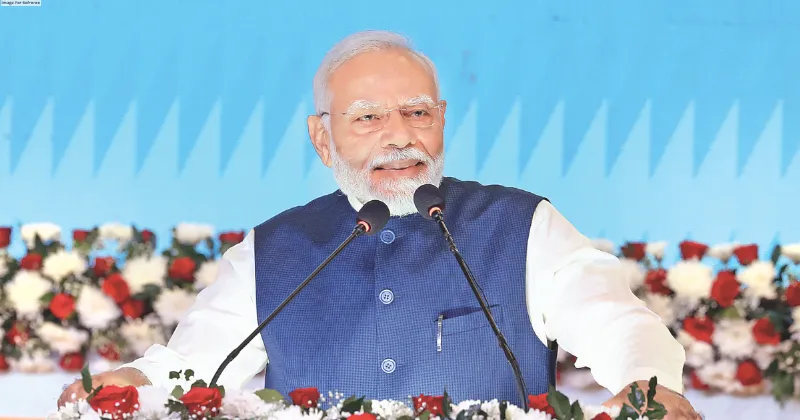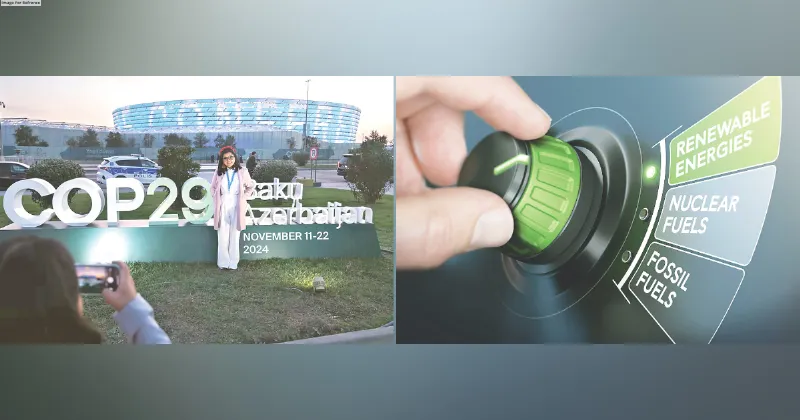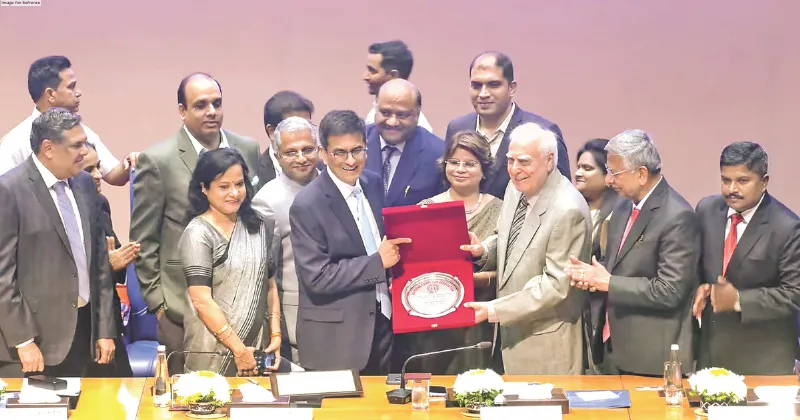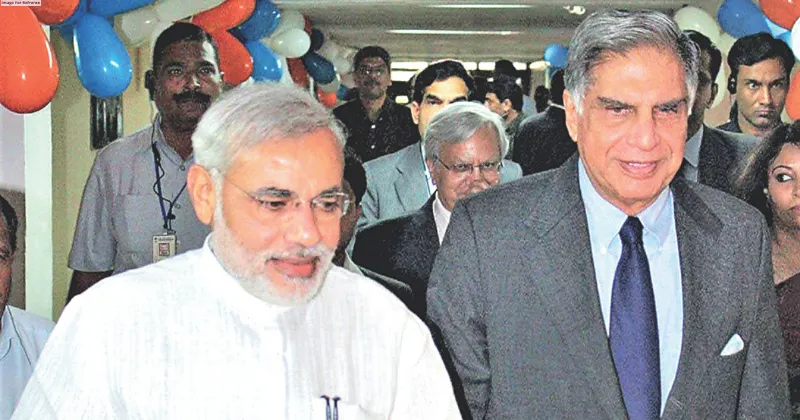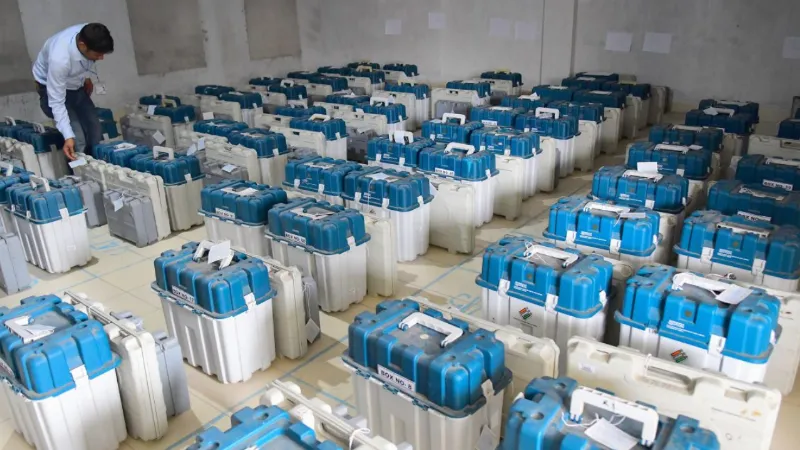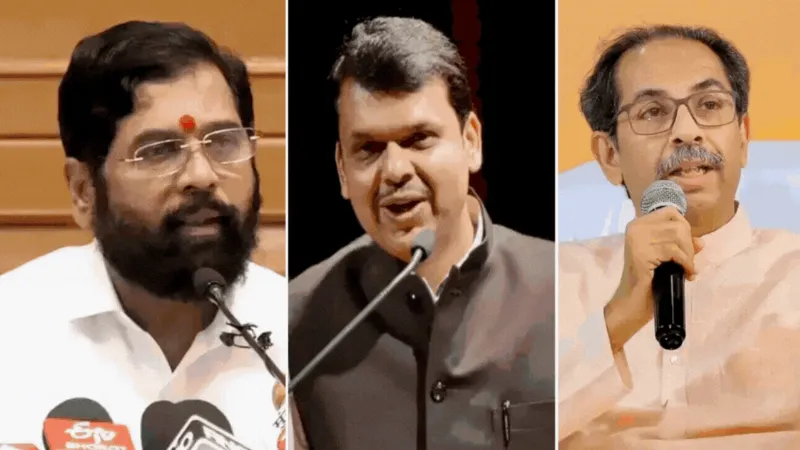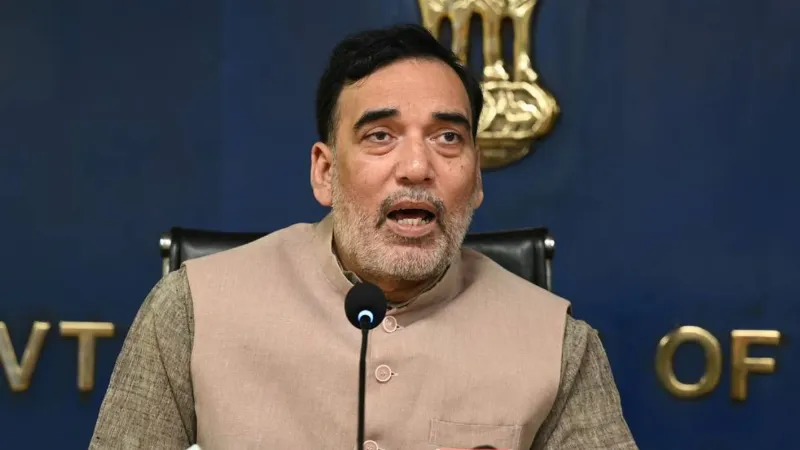Moving towards energy efficiency, the coming times will be challenging

Recently, in the G-7 summit held in Apulia, Italy, once again the energy sector was discussed in detail. This shows the increasing importance of the energy sector in the world. It has been said in the conference that the G-7, a group of the seven most prosperous countries in the world, will reduce dependence on fossil fuels and will move rapidly towards adopting changing sources of energy. This was said in the draft statement issued by the group at the end of the conference. The draft states that they will gradually reduce dependence on fossil fuels in a systematic manner. They will make serious efforts together in this decade to achieve the target of zero carbon emissions by 2050. It has been said in this document that by 2035, the process of reducing coal-based power generation will begin and concrete steps will be taken in this direction.
It is worth noting that in the month of April, the finance ministers of the G-7 countries agreed on this proposal. Prime Minister Narendra Modi, who was invited as a special guest in the conference, said that India’s approach in the field of energy is based on four principles - availability, access, affordability and acceptability. We are making every effort to fulfil our commitment to achieve the goal of net zero by 2070. Addressing the global leaders, Modi said that we should together try to make the coming time a green era. He said that India is the first country to fulfil all the commitments taken under COP before time. Underlining the importance of the energy sector, he also said that we should together make every effort to make the coming time a green era.
Why is the energy sector being discussed so seriously again and again? Why is this issue being raised every time on global forums? Actually, the world is facing crises in the energy sector. Everyone has understood that the coming time will be very challenging if this sector is not given serious attention now. The emerging energy crisis, dwindling fossil fuel resources and climate change concerns along with high oil prices have drawn global attention towards the development of renewable, alternative, eco-friendly and carbon neutral fuels to meet the growing energy demands. Most energy crises have been caused by local shortages, wars and market manipulation. Some have argued that government actions such as tax hikes, nationalisation of energy companies and regulation of the sector have exacerbated the crisis.
As for India, there are several challenges in tackling its energy crisis. Firstly, everyone has limited energy resources. India has limited energy resources such as coal, oil and gas and is dependent on imports to meet its growing energy demands. The estimated value of petroleum imports for FY23 is estimated at around US$210 billion. This includes import value of US$163 billion for crude oil and US$17.6 billion and US$14 billion for LNG and LPG respectively. Crude oil imports have increased by 53 per cent compared to the previous financial year. At the same time, coal reserves are weak and there are significant environmental concerns associated with their extraction and use. As a result, India is looking for alternative sources of energy, such as solar, wind and hydropower.
There is currently inadequate investment in the country’s energy sector. The country’s energy sector needs massive investment to improve its infrastructure and expand its energy capacity, but the government and the private sector are not able to invest enough in the energy sector. The country’s low per capita income and high poverty rate also make it difficult for people to afford clean energy sources. At the same time, there are also political and regulatory barriers in this sector. The country’s energy sector is highly regulated and there are significant obstacles to reform. Lack of coordination among agencies is a major component in this. It is worth noting that India is one of the world’s largest greenhouse gas emitters and its energy sector is a major contributor to these emissions. At the same time, climate change is also affecting the country’s energy infrastructure, as the frequency of seasonal events is increasing.
According to a study, the use of LED bulbs and tube lights in the country has reduced the electricity consumed for lighting by about 75 percent. There have also been many studies on electricity consumption in buildings, which show that about 30 percent electricity consumption can be reduced by the use of energy efficient equipment, that is, there is a possibility of saving 1.20 lakh gigawatt electricity in buildings. Studies show that electricity can be saved on a large scale in domestic and residential buildings by implementing energy efficiency standards. If energy efficiency standards are implemented in buildings, an additional 30 percent electricity can be saved. According to a report, the industry sector in the country consumes the most electricity, about 42 percent. The domestic sector is second, consuming 24 percent electricity. Commercial buildings consume eight percent of electricity. The building sector accounts for 32 per cent of total consumption, but the implementation of energy efficiency standards in buildings has been the lowest.
Actually, the country needs rapid reforms in the energy sector. First of all, to reduce dependence on imports, attention will have to be paid to improving the quality of domestic coal. This can be achieved by investing in technology to increase the calorific value of coal and reduce the amount of ash. At the same time, renewable energy will have to be encouraged. The country has immense potential for renewable energy sources such as solar, wind and hydropower. The government should encourage the development of renewable energy projects through incentives and subsidies. Many potential solutions to the global energy crisis already exist, but they are not being widely used. The best solution is to eliminate the world’s dependence on non-renewable resources and improve overall conservation efforts. Much of the industrial age was based on fossil fuels and well-known technology uses other forms of renewable energy like steam, solar and wind. Replace yellow bulbs with CFLs and LEDs. They consume less energy and last longer. If millions of people in the world use LEDs and CFLs for residential and commercial purposes, the energy demand will be reduced and the crisis can be avoided. People who generate electricity in various ways should be allowed to put it into the grid and get credit for their energy. Also, financial aid should be provided for solar panels to encourage public to check out renewable energy options. Appliances with higher star rating should be purchased, this will save electricity. Experts note increased energy efficiency awareness in recent years but stress the need for heightened awareness.
THE VIEWS EXPRESSED BY THE AUTHOR ARE PERSONAL
Amit Baijnath Garg The writer is Senior Journalist

